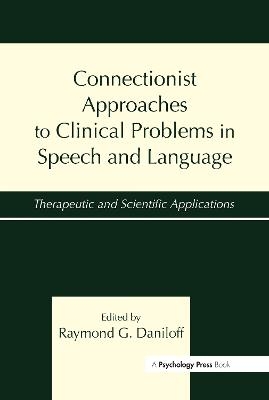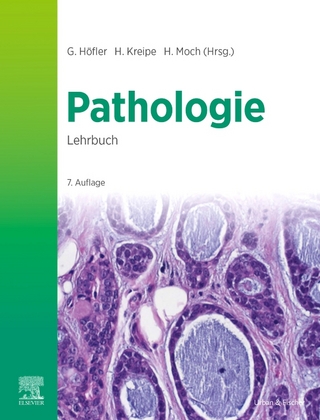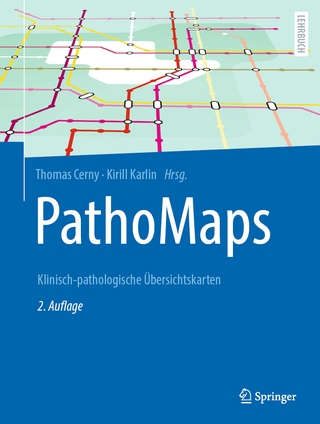
Connectionist Approaches To Clinical Problems in Speech and Language
Therapeutic and Scientific Applications
Seiten
2001
Psychology Press (Verlag)
978-0-8058-2213-7 (ISBN)
Psychology Press (Verlag)
978-0-8058-2213-7 (ISBN)
- Titel z.Zt. nicht lieferbar
- Versandkostenfrei innerhalb Deutschlands
- Auch auf Rechnung
- Verfügbarkeit in der Filiale vor Ort prüfen
- Artikel merken
This volume is the first to explore the clinical applications of the powerful new connectionist models of language acquisition, processing and dissolution.
Connectionist accounts of language acquisition, processing, and dissolution proliferate despite attacks from some linguists, cognitive scientists, and engineers. Although the networks of exquisitely interconnected perceptrons postulated by PDP theorists may not be anatomically homologous with actual brain anatomy, a growing body of research suggests that the posited network functions can support many human behaviors. This volume brings together contributors with a variety of backgrounds and perspectives to explore, for the first time, the clinical implications of whole-language connectionist models. Demonstrating that these models are powerful and have explained many phenomena of language acquisition, language therapy, and speech processing, especially at the engineering level, they focus specifically on applications of connectionist theory to delayed language, aphasia, phonological acquisition, and speech perception. Connectionist models, they conclude, offer a new interpretive framework for the discussion of information processing in humans and other animals that will be of great utility to all those who study language and seek to intervene in language disorders.
Connectionist accounts of language acquisition, processing, and dissolution proliferate despite attacks from some linguists, cognitive scientists, and engineers. Although the networks of exquisitely interconnected perceptrons postulated by PDP theorists may not be anatomically homologous with actual brain anatomy, a growing body of research suggests that the posited network functions can support many human behaviors. This volume brings together contributors with a variety of backgrounds and perspectives to explore, for the first time, the clinical implications of whole-language connectionist models. Demonstrating that these models are powerful and have explained many phenomena of language acquisition, language therapy, and speech processing, especially at the engineering level, they focus specifically on applications of connectionist theory to delayed language, aphasia, phonological acquisition, and speech perception. Connectionist models, they conclude, offer a new interpretive framework for the discussion of information processing in humans and other animals that will be of great utility to all those who study language and seek to intervene in language disorders.
Raymond G. Daniloff
Contents: Preface. J.A. Norris, P.R. Hoffman, Language Development and Late Talkers: A Connectionist Perspective. S.S. Christman, Dynamic Systems Theory: Application to Language Development and Acquired Aphasia. D.A. Gagnon, N. Martin, Diagnosis, Prognosis, and Remediation of Acquired Naming Disorders From a Connectionist Perspective. D.M. Daly, Modeling Disordered Perception. E. Trentin, F. Brugnara, Y. Bengio, C. Furlanello, R. de Mori, Statistical and Neural Network Models for Speech Recognition. H.W. Buckingham, The Roots and Amalgams of Connectionism.
| Erscheint lt. Verlag | 12.9.2001 |
|---|---|
| Verlagsort | Philadelphia |
| Sprache | englisch |
| Maße | 152 x 229 mm |
| Gewicht | 572 g |
| Themenwelt | Medizin / Pharmazie ► Gesundheitsfachberufe ► Logopädie |
| Studium ► 2. Studienabschnitt (Klinik) ► Pathologie | |
| ISBN-10 | 0-8058-2213-5 / 0805822135 |
| ISBN-13 | 978-0-8058-2213-7 / 9780805822137 |
| Zustand | Neuware |
| Informationen gemäß Produktsicherheitsverordnung (GPSR) | |
| Haben Sie eine Frage zum Produkt? |
Mehr entdecken
aus dem Bereich
aus dem Bereich


